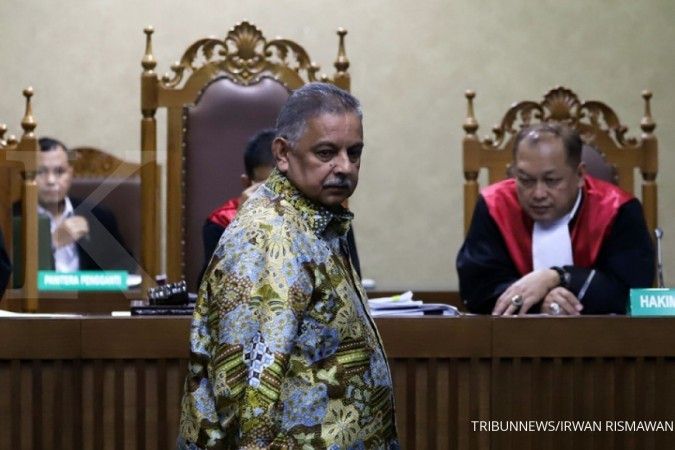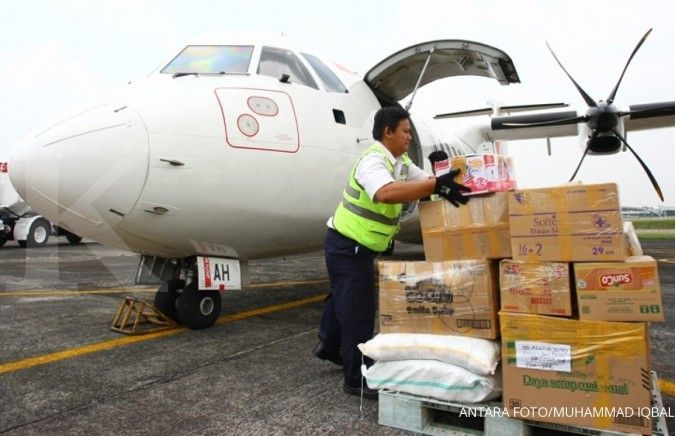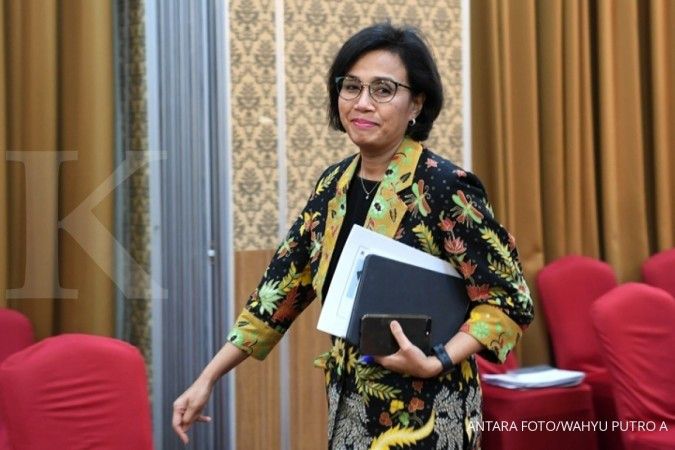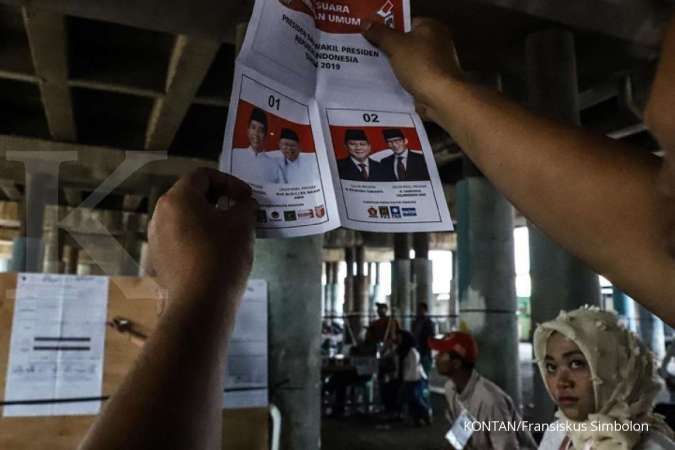INDONESIA - JAKARTA. The Financial System Stability Committee (KSSK) has said that during the global economic slowdown in the first quarter of 2019, Indonesia managed to maintain its financial system stability.
“The peaceful democratic fiesta [legislative and presidential elections] contributes to the public confidence in the financial system,” KSSK coordinator Sri Mulyani Indrawati in Jakarta on Tuesday.
Sri Mulyani, who is also a finance minister, said Indonesia needed to keep alert to a number of risks, particularly from the external factors, particularly the possible continuing economic slowdown and the decline in volume of global trade.
Domestically, the minister added, the challenge included keeping economic growth momentum through boosting investment and exports, but still stressing the importance of maintaining financial system stability.
Therefore, the KSSK would continue to strengthen monetary, fiscal, macroprudential and micropudential policies, as well as to strengthen deposit guarantees to maintain a stable economy.
On the fiscal side, the government is to consistently maintain the performance of the state budget, which had shown a positive trend, Sri Mulyani said, adding that the government would continue to use the state budget as an instrument to boost growth, particularly exports.
Members of the KSSK, whose main task is to prevent financial crises, are the finance minister, Bank Indonesia governor, head of the Financial Service Authority and head of the Deposit Insurance Corporation (LPS).
BI Governor Perry Warjoyo said the central bank would focus on stabilizing interest rates and exchange rates to strengthen the country's economy in the face of any external instability, particularly to control the current account deficit and maintain the attractiveness of domestic financial assets.
He said that BI would also introduce various policies to boost domestic demand through monetary operations like foreign exchange rate (FX) swaps, accommodative macroprudential policy, financial market deepening and payment system policy strengthening.
Ahead of the fasting month of Ramadan that starts in early May, the KSSK would also strengthen synergy and guarantee adequate cash money for smooth payments.
/2019/04/24/950199357.jpg)













